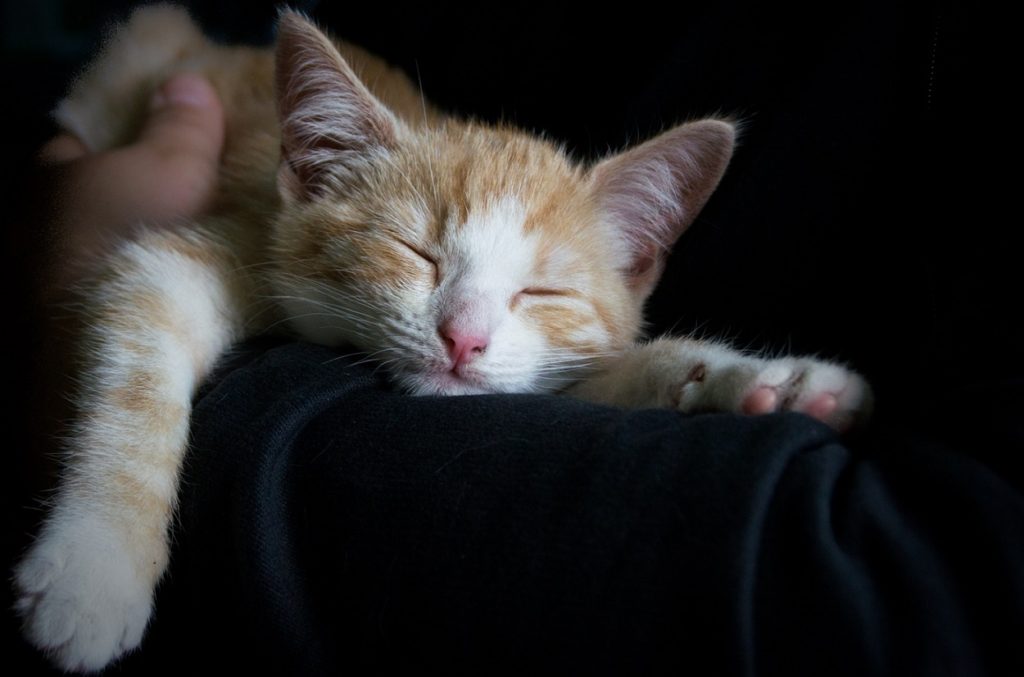Pop Quiz: Does the thought of sleeping 7-8 hours a night terrify you? Is your bedroom the most unused space in your home? Will your life fall apart if you go to bed before midnight?
If you answered yes to any of these, just wait a moment while I roll my eyes.
Ok, thanks for waiting. Is it surprising that sleep is a big deal, and not just an inconvenience to your busy schedule? Your body and mind need a break, and going too long with too little zzzzzz’s can make things start falling apart. So stop avoiding sleep!
A few months back a colleague asked for one good nugget of health advice I could give him. He was surprised when I said, “Easy. Get enough sleep.” He must have expected something more fantastical or difficult like, “Lose 30 pounds by avoiding sweets and digging into some vegetables” or “Exercise 60 minutes a day while keeping your heart rate above 100bpm.” But after he let it sink in a moment he exclaimed, “Dang! Now I actually have to do something about it. It’s my own fault for asking, but now I have to actually start sleeping better.”
TOO LITTLE SLEEP = BREAKDOWN
Many recent studies have investigated links between lack of sleep and obesity, as well as changes to metabolism and diabetic risk, heart disease, and a mountain of mental disorders (including depression and reduced performance at work/school). It should be a no-brainer that too little rest for our body leads to breakdown and disaster. Sleep deprivation is when we achieve less than 7–8 hours per night as adults1 or 9 hours as adolescents2. So if you fall under the sleep-deprived category, here’s the question: what are you going to do about it?
Sometimes people talk like sleeping is a simple task, and they could easily sleep more if they weren’t so busy. When challenged to really increase their amount of rest each night, they start backpedaling and looking for reasons why this would simply be impossible. Work, family, exercise, entertainment – so many great reasons to stay a zombie forever. What do you think they’d say if you asked your children or work or fitness buddies about your sleep habits? “Yes, please stay a zombie. It’s fun when you can’t focus your eyes while driving, and I don’t mind that you never listen when I’m talking. Just stay awake as long as you can. There’s nothing coffee or 5 hour Energy can’t fix!”
I don’t claim to have all the answers on how to achieve enough rest. But try this. Make a routine, then be consistent. It might take a while to get back to the bless-ed days of peaceful rest you once had (if that day does actually exist), but it’s worth every effort you put in. Your body and mind need this, and they’ll thank you for it! So will your family and coworkers.
Some additional details, if you’re interested in the specifics:
Restricted sleep time—particularly when chronic—can cause significant and cumulative neurobehavioral deficits and physiological changes, some of which may account for the epidemiological findings that reduced sleep durations are associated with obesity, cardiovascular morbidity, traffic accidents and death.3
The research…suggests that chronic partial sleep loss may increase the risk of obesity and diabetes via multiple pathways, including an adverse effect on parameters of glucose regulation, including insulin resistance, a dysregulation of the neuroendocrine control of appetite leading to excessive food intake and decreased energy expenditure.4
1 Colten, HR.; Altevogt, BM. Sleep disorders and sleep deprivation: An unmet public health problem.
Washington, DC: The National Academies Press: Institute of Medicine; 2006.
2 Carskadon MA, Acebo C, Jenni OG. Regulation of adolescent sleep: Implications for behavior. Annals
of the New York Academy of Sciences 2004;1021:276–291. [PubMed: 15251897]
3 Banks, S., & Dinges, D. 2007. Behavioral and physiological consequences of sleep restriction. Journal of Clinical Sleep Medicine, 3: 519–528.
4 Knutson KL, Spiegel K, Penev P, Van Cauter E: The metabolic consequences of sleep deprivation. Sleep Med Rev 11:163-178, 2007
